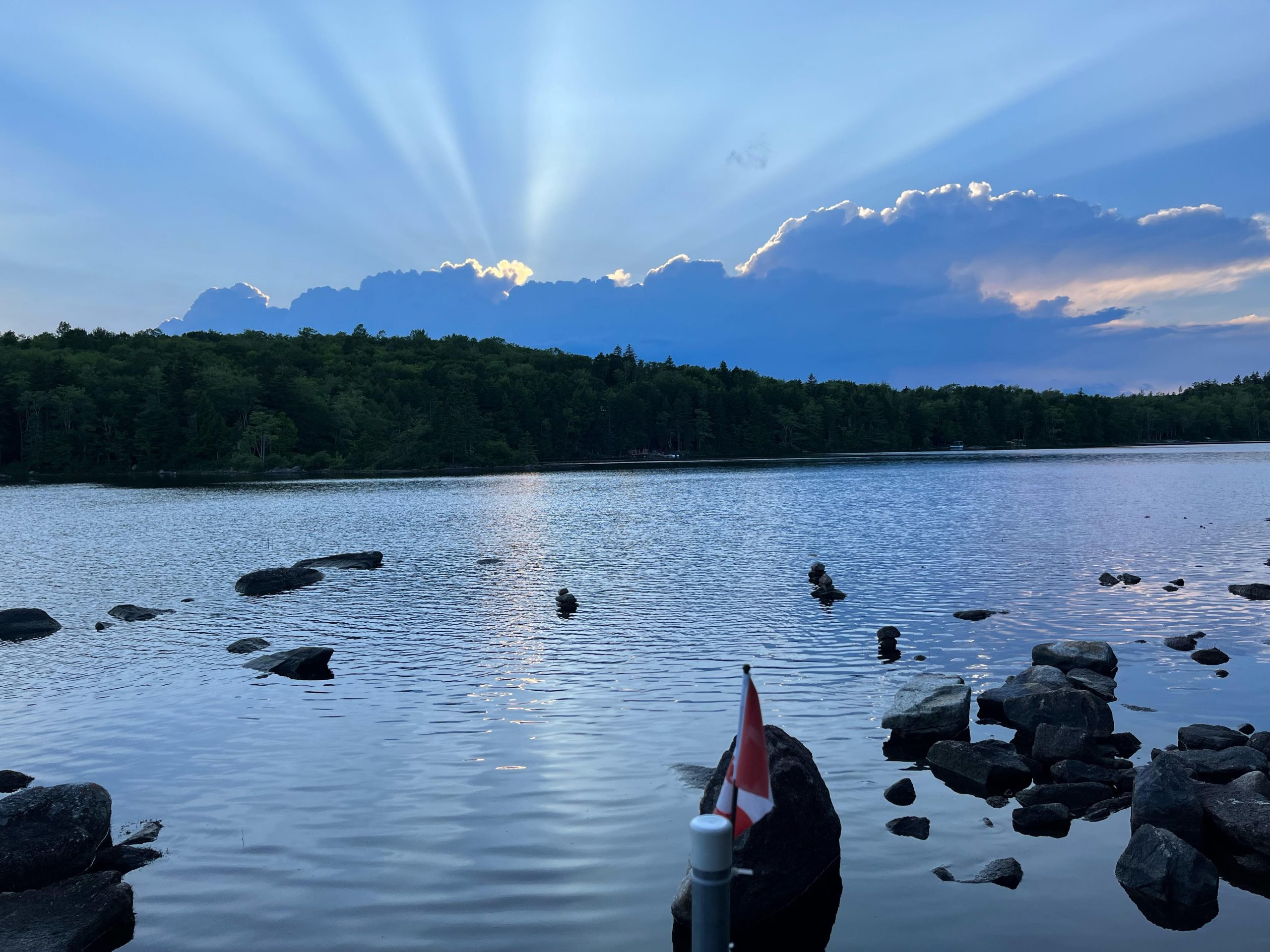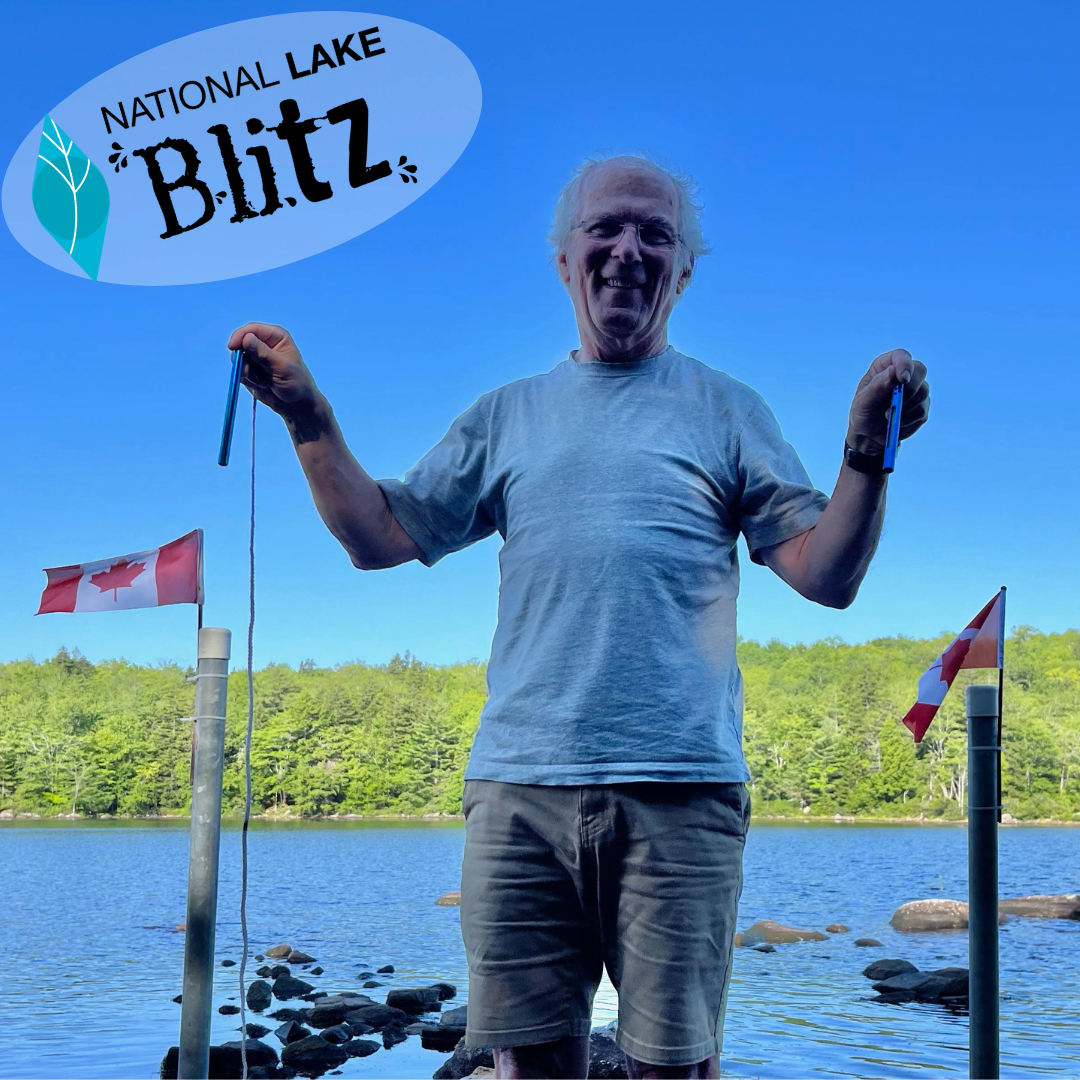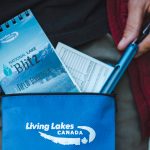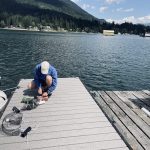Lake Blitz Volunteer Spotlight: Bill Collins
The Lake Blitz Volunteer Spotlight series gives us the opportunity to show appreciation for our remarkable Lake Blitz volunteers. From B.C. to Nova Scotia, 340 volunteers are helping create a snapshot of lake health from May to September 2022 by collecting temperature readings and taking photos of the lake(s) they’ve decided to monitor for climate impacts. We are excited to present our latest volunteer to be featured in this series: Bill Collins, who is joining in on the Lake Blitz from the East Coast!
Q – What lake(s) are you monitoring?
A – I’m monitoring Lake Lewis in Nova Scotia. It’s a small, relatively shallow lake at 200 m elevation. Lots of tannin in the water, which gives it a reddish colour. Lake Lewis is about 100 kms from the Halifax area.
Q – What is your background?
A – I’m retired. My academic background is in mathematical statistics and computer science; I worked as a consultant in program evaluation and public policy for my career and have owned my own consulting firm since 1994.
My family and I have always had a strong interest in natural science and the environment. Lots of hiking and backcountry camping in national parks across Canada. We have done many backcountry canoe trips on lakes in Kejimkujik National Park in Nova Scotia.
Q – Is this your first time volunteering for the National Lake Blitz?
A – Yes. I don’t think I had heard of it until one of my sons living in Ontario sent me the recruitment email.
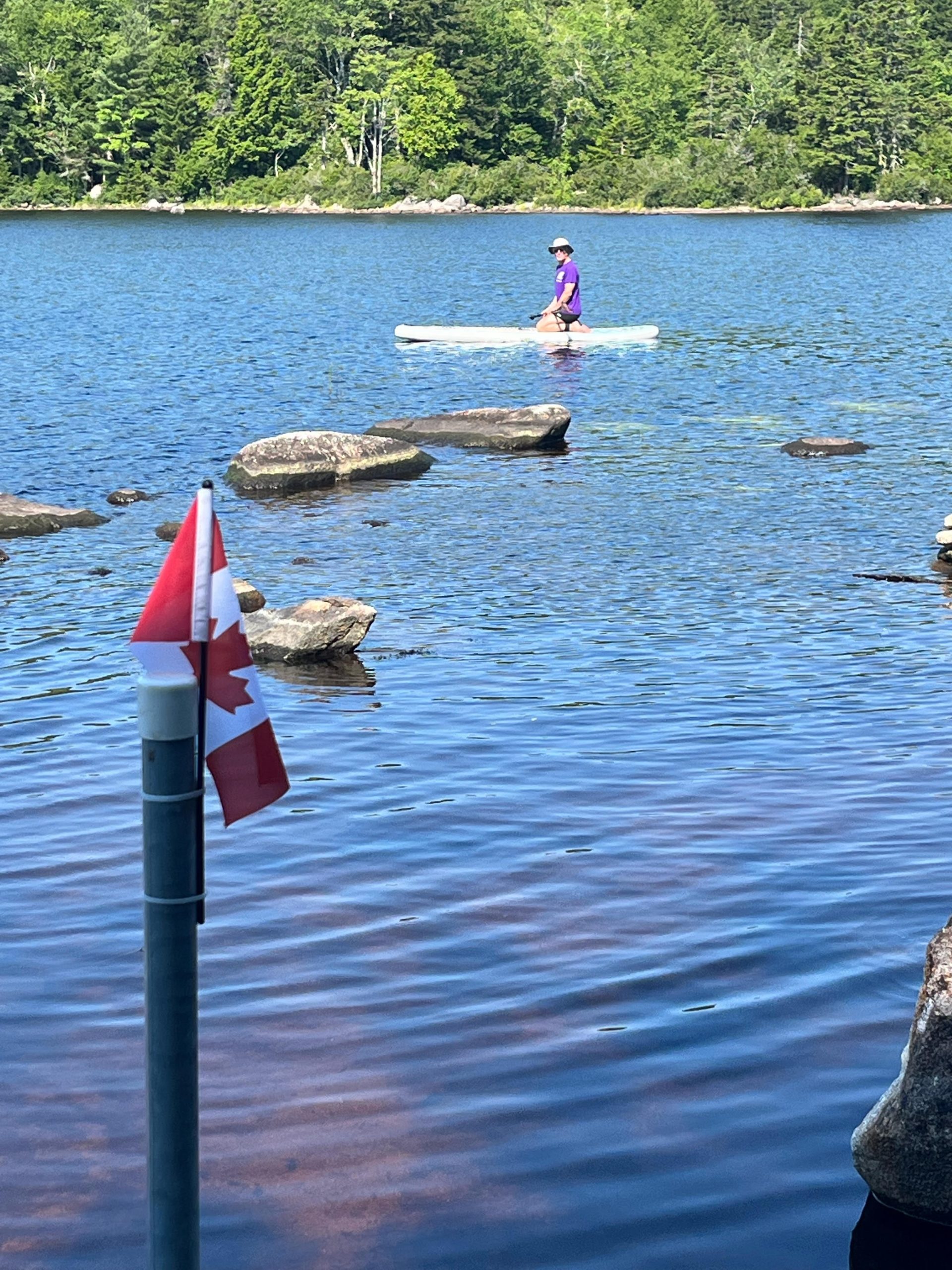 Q – Why do you think water monitoring is important?
Q – Why do you think water monitoring is important?
A – Collecting water characteristics in multiple areas across Canada over time can provide some basic indicators of how our lakes are changing, as well as how lakes are facing different challenges across the country.
For me, the more important aspect of the project is collecting my own basic time series information on my lake. The program engages me, and hopefully other Canadian participants, by giving us a personal interest in capturing some of the changes that happen in our monitored lake(s).
Q – What concerns you most about the future health of freshwater lakes?
A – General development pressures and a lack of understanding of lake ecology that gradually lead to species loss, water quality degradation and decreased vitality of a lake. It goes without saying, however, that climate change is having an impact on all lakes, large or small: temperature changes, water quality and species viability are pretty common indicators of change.
Q – What is one thing everyone can do to protect their local lakes?
A – I think there is a real need for persons living near a lake, or using a lake, to learn about “lake ecology” in its simplest form: how their actions and behaviour affect everything that calls the lake “home”, from the smallest to largest species. We see power boats causing large wakes that affect the bird nests and babies, yet these people wonder why there are no loon babies. Some replace shoreline vegetation with lawns and wonder where the warblers have gone.
Q – Do you have a personal connection to your lake(s)?
A – Since we spent so much time in National Parks over the years, my wife and I never wanted a cottage. Somehow we now have a second home/cottage on Lake Lewis! Over half of the property around the lake is part of the Maritime Parklands Homeowners Association (maritimeparklands.ca) and my family has been deeply involved in the association since we bought land in 2010. The spirit behind the founding of the Parklands in the late 1980s was to preserve the natural ecology of the three small lakes and surrounding lands within the development.
Thank you Bill for sharing your story and your insights. We hope to see you back for next year’s National Lake Blitz!
